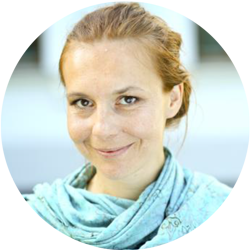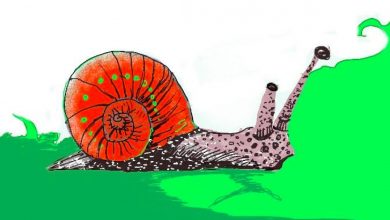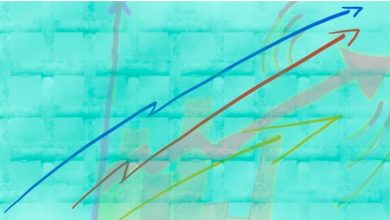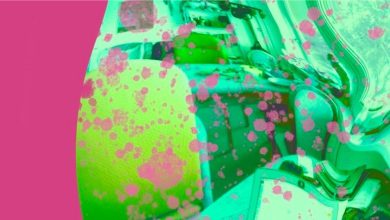Self-facilitated focus groups
In this article you will read how to learn from challenging situations or circumstances and how to bring this learning to the community of learners and collect constructive feedback and assessment. A ‘focus group’ gathers together around 6 people to discuss themes or questions you want to address in the research/learning. Focus groups can reveal a wealth of detailed information and provide a deeper understanding of the studied phenomena.

Why did I choose this tool?
I believe in higher wisdom within a community. When it comes to trainers’ work, it is highly important to discuss within a team, especially in those unknown, unexpected learning moments and outcomes, to get a deeper understanding and harvest beneficial conclusions.
How does this apply to being a trainer?
The peer-learning is highly important for personal development. As trainers are working not only locally, but also internationally, it brings novelty, new perspective and stimulates innovative ideas and shows new directions in personal development.
Content:
A ‘focus group’ gathers together around 6 people to discuss themes or questions you want to address in the research. Focus groups can reveal a wealth of detailed information and provide a deeper understanding of the phenomena being studied.
Exercise:
SELF-FACILITATED FOCUS GROUP
A focus group is a structured discussion around a set of predetermined questions.
The discussion is free-flowing, organic though in a predefined time frame.
Participants’ comments may stimulate and influence the thinking and sharing of others.
Recommendations to members of a group:
While discussion:
- be simple,
- be clear,
- be curious.
Place and materials:
Papers, markers, comfortable chairs around the table or other, appropriate for a discussion, setting.
TIME: 45 minutes
SUGGESTED ROLES – assign roles to members of the group.
Timekeeper – person who is in charge of timing (there is 45 minutes for discussion and final conclusions/analysis).
Facilitator – the one who cares after every single voice to be heard and makes sure all 3 categories of questions are being represented.
Reporter – takes notes.
Contributor – everyone is a contributor.
PROCESS of Focus group:
Clear question/topic for the meeting: (make it open ended, simple, allowing multiply responses and clear. Write it down in a visible place)
OUR MAIN QUESTION IS ………………………………………………?
- phase: discussion – supported by 3 main categories questions
Engagement questions: introduce participants to and make them comfortable with the topic of discussion
How would you describe the topic …………………………………..?
Who is involved ……………………………………………………………?
etc.
- Exploration questions: get to the essence of the discussion
What are the most important aspects …………………..………….?
What is the root of this topic? (who was responsible for this situation, where does this come from?
How was it created?)……………………………………………..………?
How do you feel (about yourself) when you observe this,
what was going on?……………………………………………..……………?
etc.
- Exit question: check to see if anything was missed in the discussion
Is there anything else you would like to say ……………….………?
Questions that might support exploration:
- “Can you talk about that more?”
- “Help me understand what you mean”
- “Can you give an example?”
- phase: analyze – when all comments have been entered, look for common categories or themes across the entries for each question. Arrange categories, write them on separate papers and mark them from those with the largest number of entries to those with the smallest.
- phase: final conclusions – once focus group findings are organized in the synthesized format, they are ready for final conclusions and report.
Reflection:
- To what extent does the self-directive learning of an individual translate into the self-directed learning of the group?
- What can support group self-organization?
- What is easier for you at the moment—learning alone or in a group? Why?





